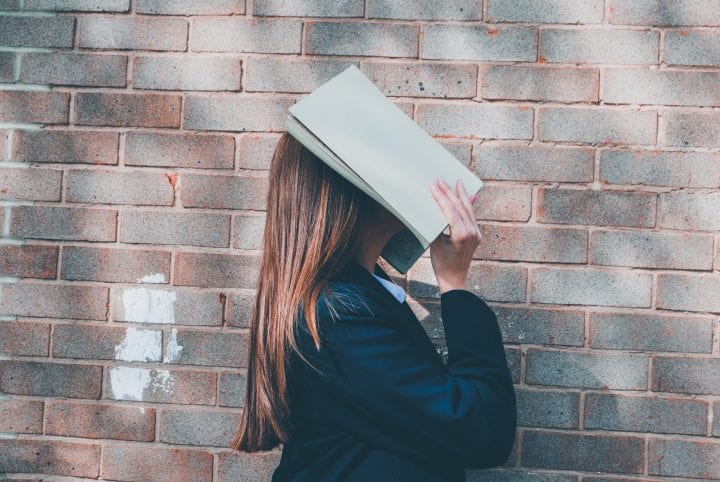
WITS Voices: Reflections from Nathan Hale High School
May 10, 2017
By Alex Gallo-Brown, WITS Writer-in-Residence
When I walked into Ms. Simmons-Rice’s class at Nathan Hale High School last month, I wasn’t sure what to expect. I had taught writing at the community college level, but never to high school students, and certainly not to high school freshman, a time I remember with regret and a fair amount of shame, when I remember it at all. For the first day I intended to teach them a poem by the great Chilean poet Pablo Neruda called, “The Poet’s Obligation,” which begins, “To whoever is not listening to the sea / this Friday morning…I come, and without speaking or looking / I arrive and open the door of his prison.” The poet’s destiny, Neruda writes—the poet’s obligation—is to liberate “the shrouded heart.”
Perhaps because it was Monday, and not Friday, as in Neruda’s poem, or because they did not yet know me, or because an old-fashioned concept like “destiny” can land with a thud when not properly introduced, the kids were bored, they were repelled, a few of them even sneered. I left the class feeling that I had failed.
At home, I regrouped and licked my wounds. Freshman year of high school is often, as my mother, a long-time high school art teacher, reminded me, a painfully awkward time, a time when kids are transitioning from being the oldest at their schools to the youngest, when all of the confidence and experience accrued over three years of middle school is effaced by the realization that they are now the youngest, the least experienced, and the most vulnerable. I would have to be gentler, I decided, and less abstract. There would be less talk about freedom and the sea and the shrouded heart and more about the everyday experiences of contemporary life.
I tweaked my syllabus and, over the next two weeks, we read poems by Mark Strand, Lucille Clifton, Naomi Shihab Nye, Oliver de La Paz, Yusef Komunyakaa, and Ross Gay, to name a few. We listened to a rap song by Nas. We filled out a “social identity wheel” and talked about social justice. We watched a video poem by Claudia Rankine and her husband John Lucas. We learned about metaphor and imagery and sound-play. We wrote odes and elegies. We had a visitor, local poet Quenton Baker, who awed the students not only with poems from his recent book but with one of his own rap songs, which he recited from memory.
In short, we certainly “ate poetry,” as the Mark Strand poem we read went (“Inks runs from the corners of my mouth / I have been eating poetry”), and we also made our own. Freshman year may be an awkward year, but, for the students I encountered, at least, it is not a cynical one. Again and again, I was impressed by the emotional depths to which they were willing to travel, writing powerful lyrics, odes, and elegies with their classmates sitting only a few feet away. They wrote about trauma, about identity, about their city, about love. One student had to leave the classroom because the poem was too painful. Others asked classmates to read their poems aloud, gorgeous demonstrations of trust and love.
Towards the end of the residency, I brought in another Pablo Neruda poem, this one in video form. “It was at that age,” Neruda reads in the video, “poetry arrived in search of me. I don’t know where it came from, from winter or river…They were not voices, they were not /words, not silence, but from a street it called me, /from branches of night, /abruptly from others, / among raging fires / or returning alone, / there it was, without a face, / and it touched me.” The age he names is fourteen, the same age as many of the students, and the age, I told them, when I first started writing poems.
What do you think of Neruda? I asked them.
“He’s pretty cool,” one of my students said.
 Alex Gallo-Brown was born and raised in Seattle. He is the author of a self-published collection of poetry, The Language of Grief, and his poems and essays have appeared in publications that include Tahoma Literary Review, Pacifica Literary Review, Seattle Review of Books, and The Stranger.
Alex Gallo-Brown was born and raised in Seattle. He is the author of a self-published collection of poetry, The Language of Grief, and his poems and essays have appeared in publications that include Tahoma Literary Review, Pacifica Literary Review, Seattle Review of Books, and The Stranger.